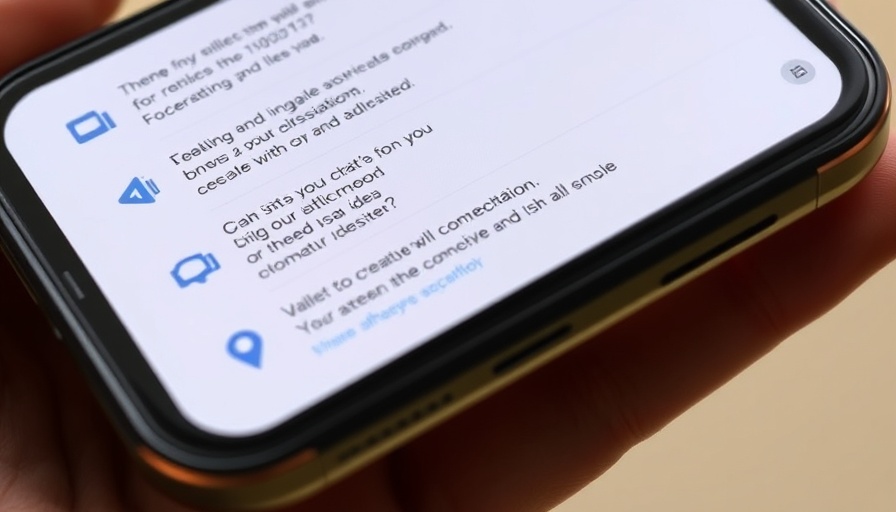
The Rise of the ‘Brain Rot’ Concept
In recent years, the term "brain rot" has gained traction, particularly among parents and educators. Initially coined to describe the seemingly mindless consumption of silly content on platforms like TikTok and YouTube, it has now become a cultural reference point. Brain rot implies a perceived decline in intelligence due to excessive engagement with trivial content. Yet, beneath this catchy phrase lies a complex discussion about cognitive health, especially regarding children and adolescents.
A Closer Look at Cognitive Impact
While parents worry about their kids losing touch with reality via silly videos, research does not necessarily support the idea that such content directly damages cognitive abilities. In fact, some studies suggest that this type of media might provide emotional benefits, such as fostering a sense of community among young users facing mental health challenges. This highlights the importance of self-aware consumption—it's not merely what kids watch, but how they engage with it that matters. Experts have found that users often exercise self-awareness, and the emotional effects can be as varied as the content consumed.
AI as the Real Threat to Cognitive Growth
Conversely, the emerging concern about artificial intelligence (AI) poses a significant threat to cognitive development. Tools like AI-powered writing assistants can lead to a decline in independent critical thinking and creativity among students. AI may make writing easier, but this convenience comes at a cost. By relying too heavily on technology, young minds could miss out on essential cognitive workouts that traditional writing exercises provide.
The Balance Between Tech and Mind Activity
As technology continues to integrate into our lives, striking a balance becomes essential. Children should be encouraged to engage with both traditional media and digital content, allowing them to develop critical thinking and emotional understanding. Parents and educators might consider discussing media consumption strategies to help guide healthy habits. For instance, limiting time spent on strictly entertainment-focused platforms can create space for educational experiences that challenge cognitive capabilities.
Redefining the ‘Brain Rot’ Narrative
Rather than outright dismissing technology and its influence, it’s time to redefine “brain rot.” Instead of solely bemoaning mind-numbing media consumption, let’s focus on setting boundaries around AI usage while promoting diverse engagement with various types of content. Incorporating healthy tech habits into lifestyle choices, while encouraging kids to tackle real-world challenges, can aid their overall development.
Actionable Steps for Parents
To support healthier interaction with technology, here are some practical tips for parents:
- Set time limits on recreational screen activities.
- Encourage participation in educational programs or creative endeavors that stimulate mental engagement.
- Discuss the content consumed together, exploring emotions and learnings.
These steps not only foster a more balanced relationship with technology but also cultivate an environment where genuine cognitive growth can thrive.
In an age where artificial intelligence is redefining educational landscapes, it becomes vital to consider what really shapes our children’s minds. The conversation surrounding brain rot isn't just about silly videos; it's about how we navigate the broader implications of technology in our lives.
By understanding and addressing the potential cognitive toll of both mindless entertainment and AI, we can create healthier, more productive environments for future generations.
Explore more about managing AI’s impact on everyday life and bypass ANY AI Detector with ease at Prompt2Human.
 Add Row
Add Row  Add
Add 




Write A Comment